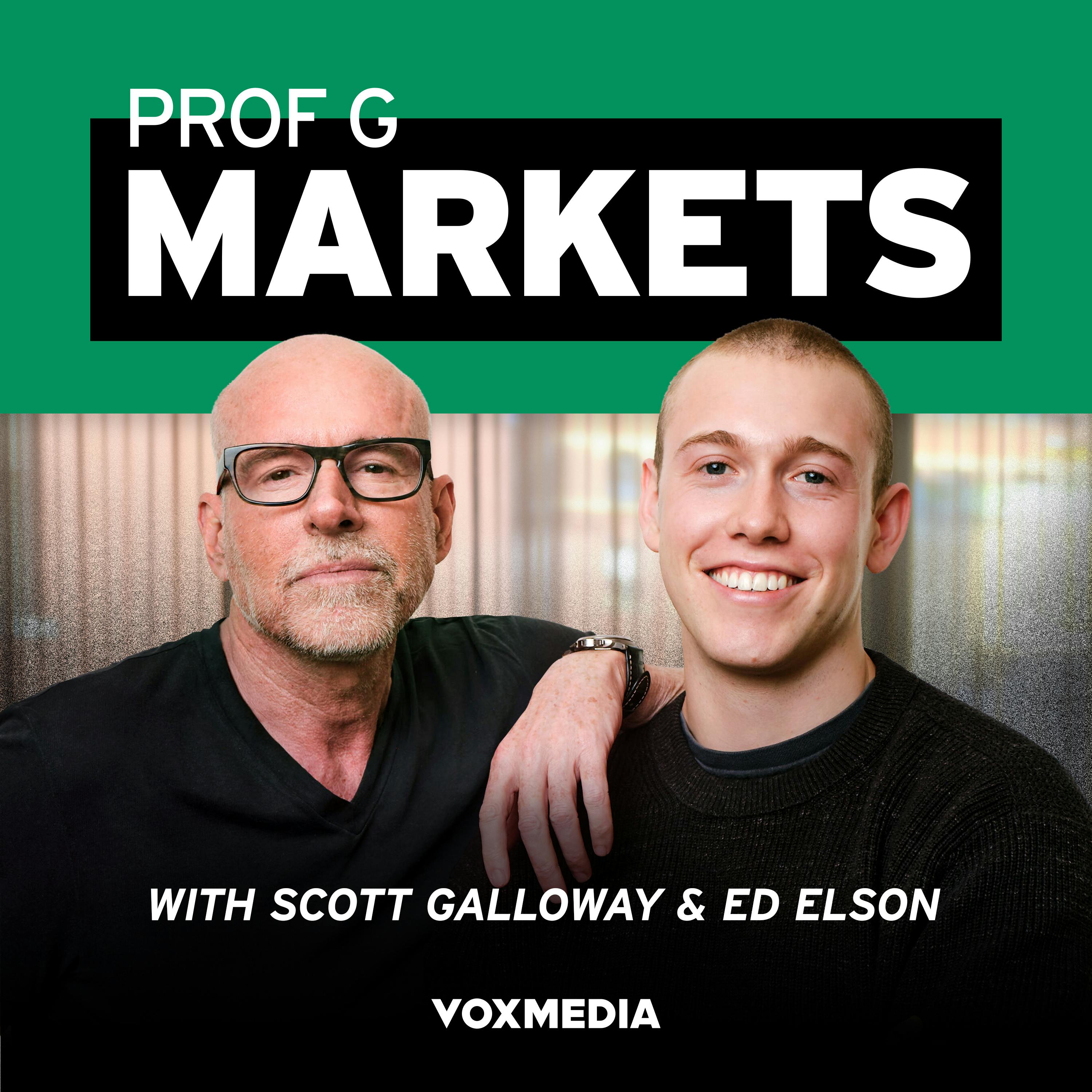PortalsOS
Related Posts
Vote to see vote counts

Buying a home is supposed to be the American dream, but it is currently a painful, opaque, and inefficient market.

The stock market's influence on the real economy has increased, with wealthy households' spending driven by stock market performance.
Dominic Frisby explains that the reason things are more expensive today than in the past is due to the lack of constraints on money creation. He highlights that prices in the UK have increased twice as much as in the US because the pound has been roughly twice as weak as the US dollar.
Since the final vestiges of the gold standard were abandoned in 1971, the supply of money has ballooned. This has led to more money chasing the same amount of goods, contributing to the rise in prices over the years.
During the 19th century, consumer prices decreased by more than half, allowing wage earners to buy more over time. This contrasts sharply with today's economy, where money buys less each year.

Government restrictions on supply in housing, education, and healthcare lead to rising prices, creating a cycle of subsidies and increased costs.
House prices have increased by three and a half times the rate of salary increases since 1970. In the 1970s, a single salary could afford a house, but now it requires two salaries and significant debt.

The reason cars have become significantly more expensive compared to washing machines since 1970 is largely due to the use of debt in purchasing cars. While washing machines have become cheaper relative to earnings due to improved productivity and outsourcing, cars have seen a price increase because financing creates more money, driving prices up.